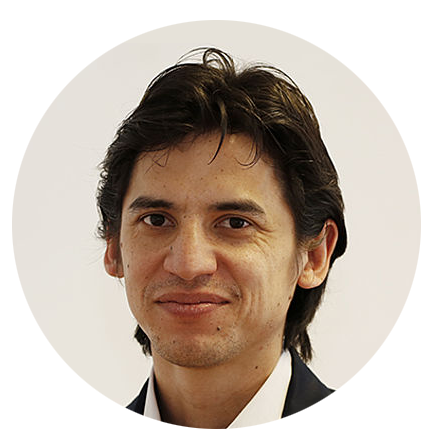In Thailand, migration (both domestic and international) is common. The main destinations are urban centers and the coast, East Asia and Israel. Primarily youth are migrating, often with higher education and access to information about recruitment opportunities.
The drivers of migration are low agricultural productivity, lack of arable land, the breakdown of traditional natural resources management and soil degradation. Consequences include demographic changes, such as contributing to labor shortages and the ageing of society accelerated by selective migration.
The Raks Thai Foundation in Thailand implements the project with the University of Vienna, Austria.
The Thailand team focuses its research on three main issues: Site 1: Ban Chai Sub-district, Ban Dung District, Udon Thani Province Site 2: Mae Suek Sub-district, Mae Chaem District, Chiangmai Province In response to Covid-19, most migrants from Thailand returned home. However, there are many unemployed (internal) workers in the country who are still looking for an opportunity to work abroad, particularly in South Korea, after the pandemic situation improves. As lockdowns and social distancing emerged, the government established limited quotas for entry into Thailand, leading to significant illegal entries, especially between Thailand and Malaysia. Yet, at the government level, there is currently increased emphasis on increasing legal pathways to migration. Economic disruptions due to the coronavirus pandemic in Thailand have affected the tourism, production and export sectors and supply chains. Thailand’s security system covers formal workers who have lost their jobs, but offers no protections for the 20.4 million informal workers in the country (just over half of all workers), many of whom are migrants. The Thailand team is maintaining communication with local migration governance working groups. This has taken the form of phone interviews with returnees in Udonthani province and a short survey to demonstrate the migration database in Mae Chaem, Chiangmai province containing questions on COVID-19 impact and responses. In addition, the Thailand team has reviewed the country’s policies in response to the impact of Covid-19 on Thai migrants. The team will include questions on the Covid-19 impacts in a survey carried out in the Udon Thani region. For more information, see the blog post: “Staying or Coming Back Home: The Consequences of COVID-19 for Thai Migrants and Households’ Ability to Respond to Climate Change”
Contact Point:
Boonthida Ketsomboon, Program Manager (Environment), Raks Thai Foundation, Thailand
Sopon Naruchaikusol, Project Manager, Raks Thai Foundation, Thailand










